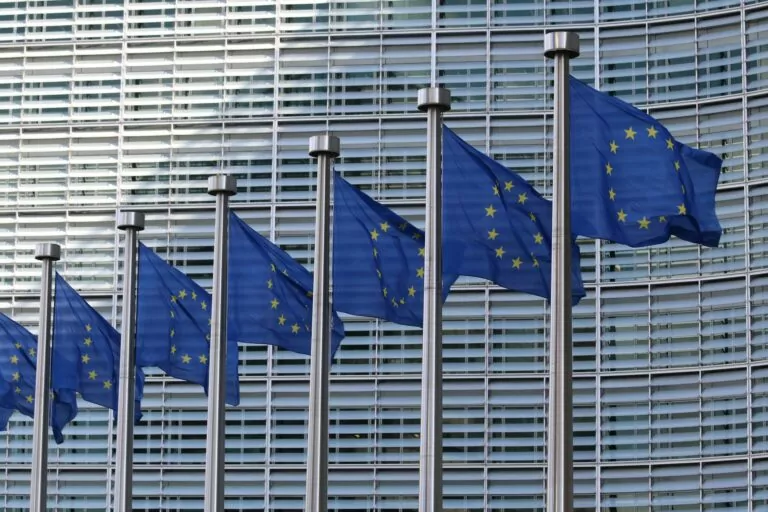European Union Passes Law to Combat Forced Labour in Supply Chains

European Union governments have reached an agreement to enact the Corporate Sustainability Due Diligence Directive (CSDDD), mandating companies to ensure their supply chains avoid environmental harm and forced labour on March 15, 2024.
Under the CSDDD, European firms must verify that imported products meet environmental and human rights standards, including the exclusion of child labour.
They must also take measures to prevent or mitigate potential harm and disclose their findings.
However, only larger enterprises with at least 1,000 employees and a net turnover exceeding €450m (£384m; $489m) will be subject to these requirements. This is due to compromises made during weeks of negotiations on the law’s draft.
CSDDD Approval Process:
- The final version of the CSDDD, made public on January 30, initially seemed likely to be easily accepted.
- However, this support dwindled rapidly when certain nations opposed the original text, concerned that it would disproportionately impact their industries, particularly their high number of small and medium-sized enterprises.
- Germany’s announcement to abstain from voting prompted France, Italy, and other member states to do the same, signalling the European Council’s failure to secure a majority vote in favour.
- Subsequently, there were 45 days of behind-the-scenes negotiations, setbacks, and intense political pressure, creating a turbulent experience for proponents of sustainability.
- Despite repeatedly scheduling the CSDDD for discussion before the March 15 deadline, the European Council ultimately withdrew it each time it became evident that sufficient support was lacking.
- The current approval of the draft legislation follows two failed attempts in February to secure its passage.
- With each iteration, the scope of the directive was reduced, yet none of the agreements succeeded.
- The original proposal aimed to affect companies with 500 employees or more and a revenue of €150 million.
- Now, for the draft legislation to become law, it must receive approval from the European Parliament, which is anticipated.
- Subsequently, businesses will be granted a period to implement the new requirements.
Criticism:
- On one side, while environmental and human rights activists welcomed the effort to enhance corporate accountability, they expressed disappointment with the proposed legislation.
- Critics contend that the law has been significantly watered down, rendering it ineffective.
- According to the World Wide Fund for Nature (WWF), nearly 70% of European companies have been exempted from the new obligations due to changes in the draft text.
- On the other side, critics pointed out that the new regulations would impose unprecedented obligations and severe sanctions with potentially dire consequences for companies, exposing them to litigation worldwide.
- European companies with global operations, some with extensive indirect relationships, could face a competitive disadvantage compared to their international counterparts.
- Additionally, concerns were raised that companies might relocate outside the EU due to bureaucratic hurdles and legal risks.



